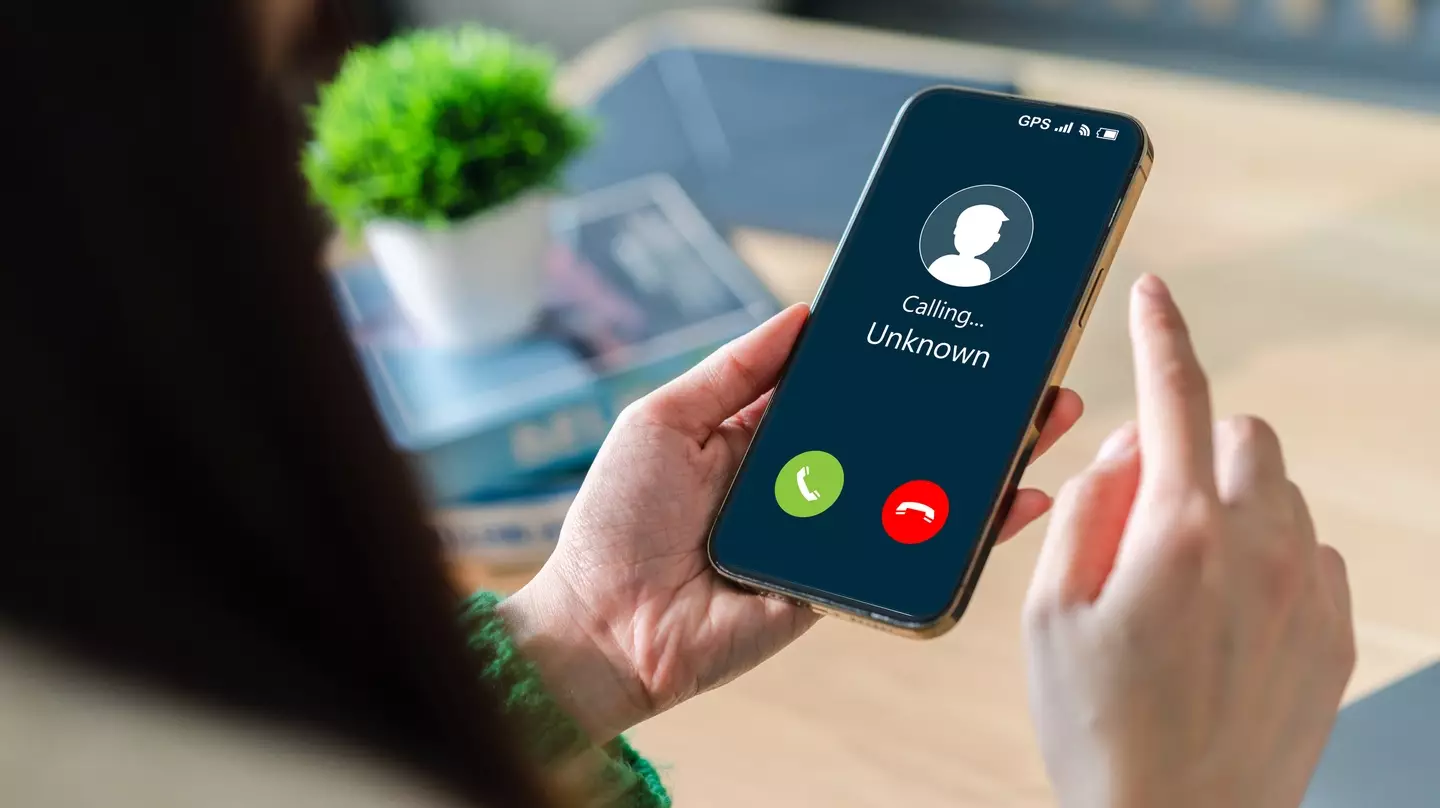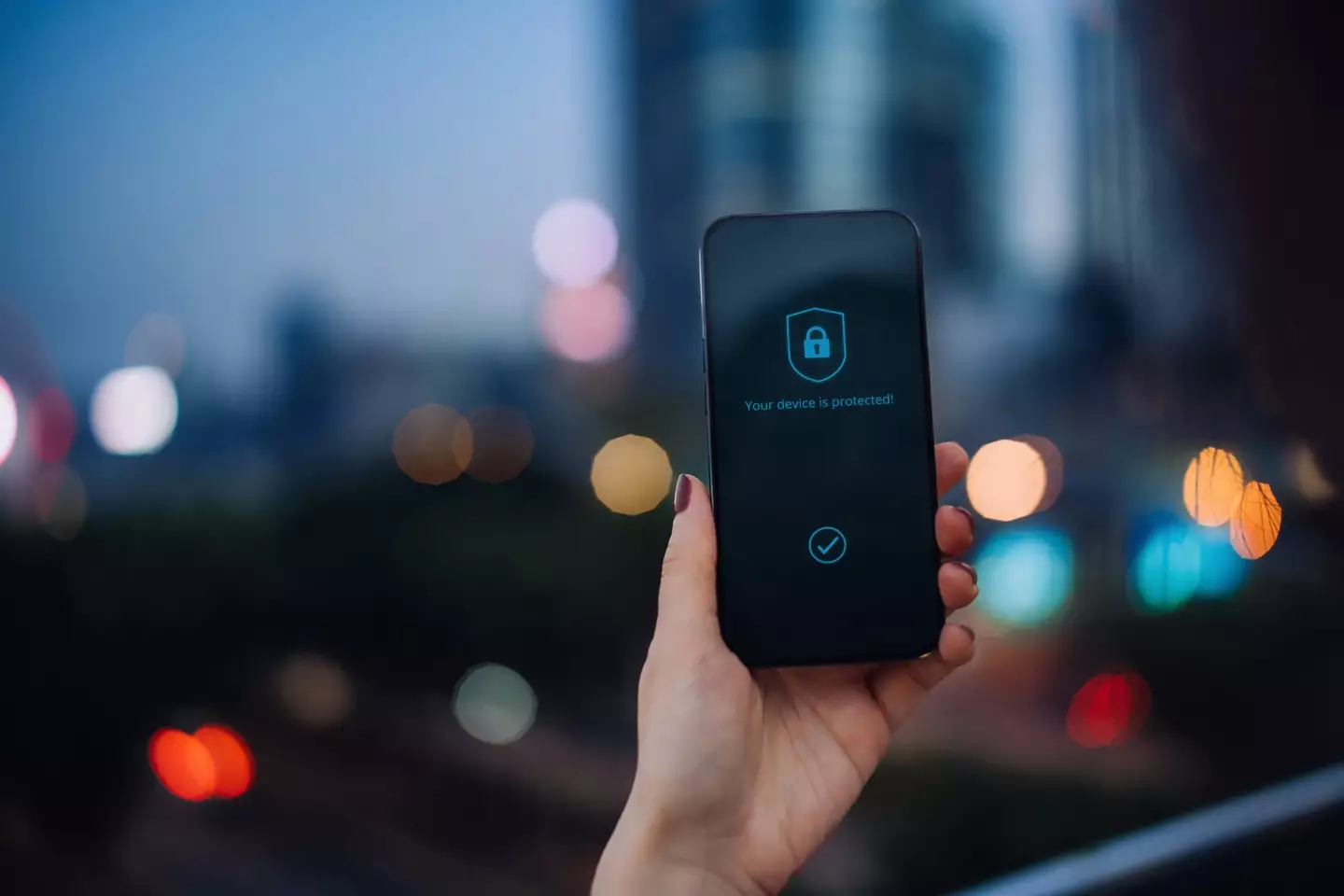
Carrying around an iPhone in 2025 is a bit like carrying around a tiny robot version of yourself.
We don't quite mean like Black Mirror's whole 'Cookie', but in terms of your financials, calendar, search history, and personal photos, you could inadvertently be giving would be bad actors a window into your life.
Apple does its best to try and keep iPhones secure, but ultimately, hackers are getting smarter and faster at breaking into our smartphones.
We already know that Apple tells us to keep our iOS updated to the latest version and make sure we're vigilant about security updates, but ultimately, cybercrime is on the up.
Advert
It's as easy as borrowing someone's charger to open yourself to an iPhone hack, and according to Tom's Guide's Jane McGuire, she found out the hard way about hackers getting into your life.
The site's Fitness Editor explained how scammers pretending to be from Klarna called her while she was bathing her baby, but in a moment of distraction, she unwillingly read them a series of codes and granted access to her financials.

Five hidden iPhone security features you want to check out
Although she says she managed to get her money back and didn't lose a cent, McGuire admitted: "I felt extremely foolish to have fallen for it, but more than that, I’m now fearful each time an unknown number calls. I won’t answer calls from numbers I don’t know when looking after my toddler, and I no longer trust payback sites like Klarna."
In terms of 'hidden' security features she wishes she knew about, McGuire has shared her advice with others.
Scam call screening
While some can't believe it took this long to introduce it, scam call screening is on the way with iOS 26. When activated, iOS 26 will screen calls from unknown numbers and ask for their name alongside the reason they're calling.
Calls from legitimate sources will have their answers converted to text on your screen, but if it's an automated scammer, they'll likely hang up anyway.
Stolen device protection
God forbid if your iPhone gets stolen, and adding another layer of protection other than Find My iPhone, it will secure the device even if someone knows your passcode. When away from familiar settings like your home or workplace, Stolen Device Protection means you'll have to wait a certain period before being able to make major changes to the likes of your Apple ID password.
You'll also have to use Face ID to access passwords or bank cards.
Locked apps

It's easier than you think to turn your iPhone into its very own Fort Knox. The OP has now locked down their son's daycare app in the aftermath of the scam call, with some apps now requiring Face ID, Touch ID, or a passcode to access them.
It's simple to activate locked apps, and from your home screen, tap and hold the app you want to lock. You'll be given a series of quick menu options, tapping Require Face ID to ensure only you can open a specific app.
There's also the ability to hide an app from your home screen using the same method.
Intelligent Tracking Prevention
Even though this one also won't help you against hackers, Intelligent Tracking Prevention stops you from being targeted by ads online and also stops your data from being sold to third-party companies. The iPhone's default Safari browser automatically has Intelligent Tracking Prevention activated, while clicking the menu option can also show you a Privacy Report to see what's being blocked.
The Passwords app
Finally, the Passwords app gets over that hurdle of you using the same password for everything by storing all your passwords and verification codes in one handy place. As well as generating and saving passwords, the Passwords app will alert you about passwords that might not be secure. Impressively syncing to other Apple devices, you won't have to worry about remembering all those 12-letter passwords.
Now you know how to keep your iPhone locked down, make sure you stay alert when using your devices. Be especially on the lookout for anything or anyone who is suspicious. It's better to be safe than sorry, and if something seems amiss, what's the harm in making sure everything is secure?